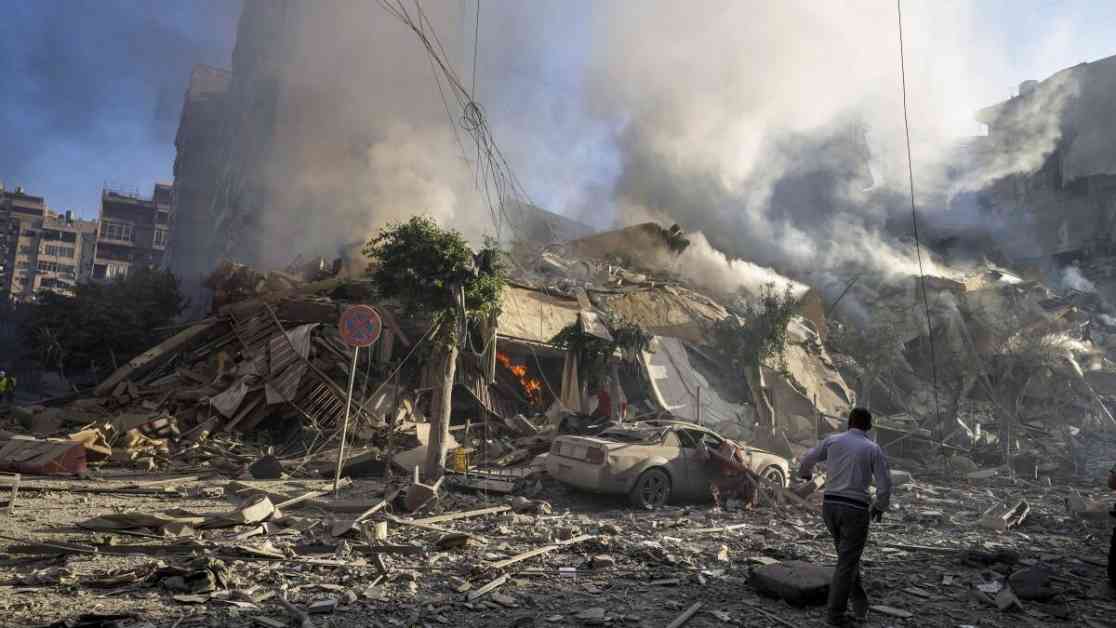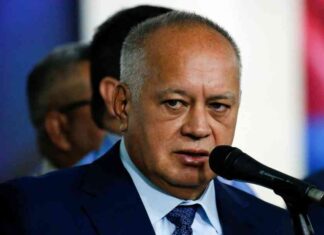The relationship between the United States and Israel is facing challenges as Israel’s actions in Lebanon continue to escalate. Despite receiving significant aid and support from the U.S., Israel has been acting independently and ignoring American efforts to contain the violence. This has raised concerns about the potential for all-out war in the region.
In the past year, the Biden administration has struggled to influence Israel’s decisions, particularly after a deadly attack by Hamas-led militants in southern Israel. President Biden and Secretary of State Antony J. Blinken made efforts to address the situation and prevent further violence, but Israeli Prime Minister Benjamin Netanyahu interpreted their responses as a green light for military action.
Netanyahu has been increasingly resistant to U.S. pressure and advice regarding the Palestinians and other security threats, leading to a breakdown in communication and cooperation between the two countries. Despite promises to abide by cease-fire agreements, Israel continued its offensive actions in Gaza and Lebanon, defying U.S. efforts to de-escalate tensions.
The upcoming U.S. presidential election has further complicated the situation, with Netanyahu potentially exploiting Biden’s emotional attachment to Israel and the political implications of taking a strong stance against Israeli actions. As a result, American leverage over Israel has diminished, making it difficult for the U.S. to influence Israeli decisions.
By moving aggressively in Lebanon and potentially occupying southern Lebanon, Israel may be attempting to take advantage of the political uncertainty in the U.S. during the election period. This could force the next U.S. president to confront a regional conflict involving Iran, further complicating the situation in the Middle East.
Overall, the challenges in controlling Israel’s actions in Lebanon highlight the complex dynamics between the two countries and the limitations of U.S. influence in the region. As tensions continue to rise, the international community will need to closely monitor the situation and work towards finding a peaceful resolution to prevent further escalation and conflict.



























